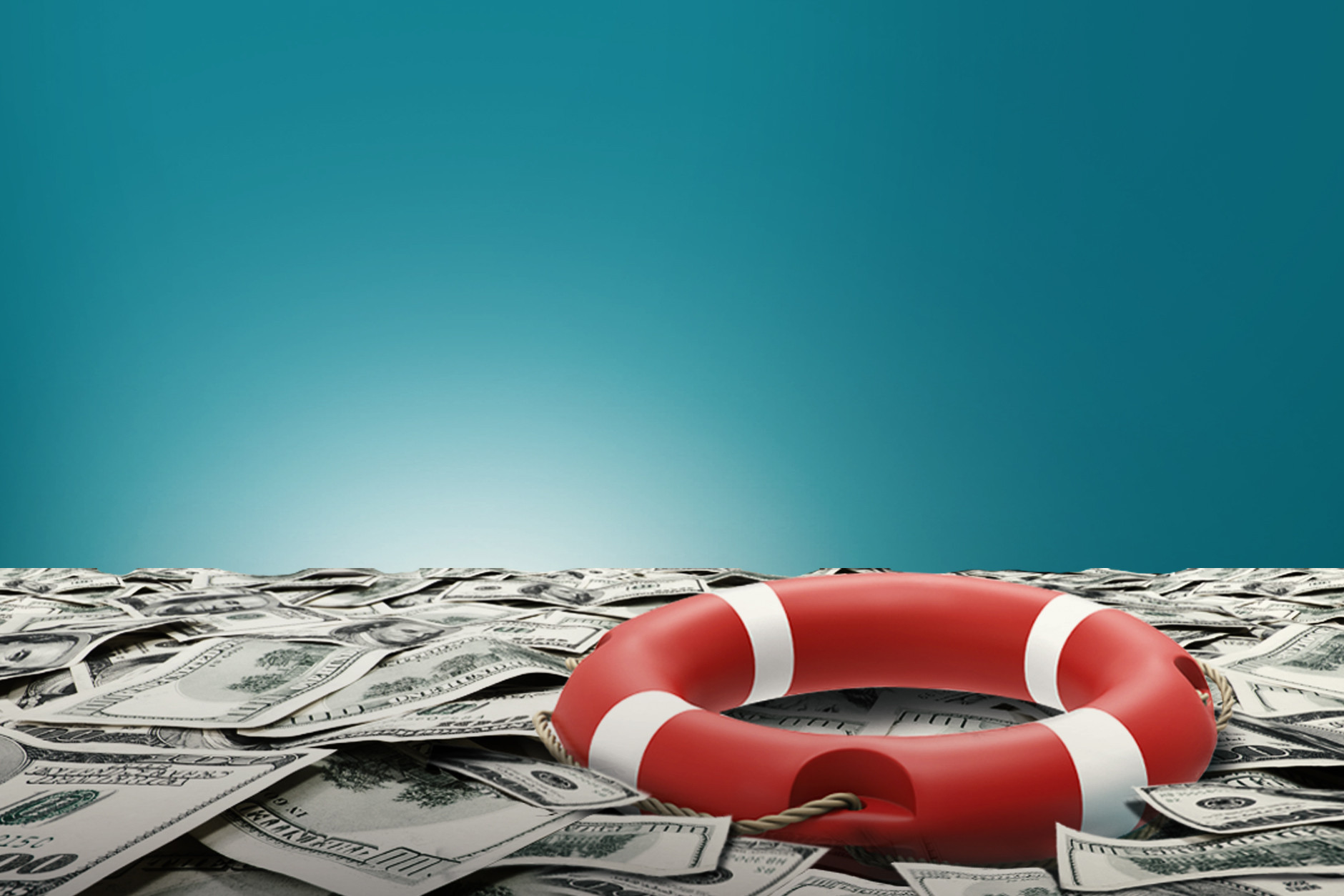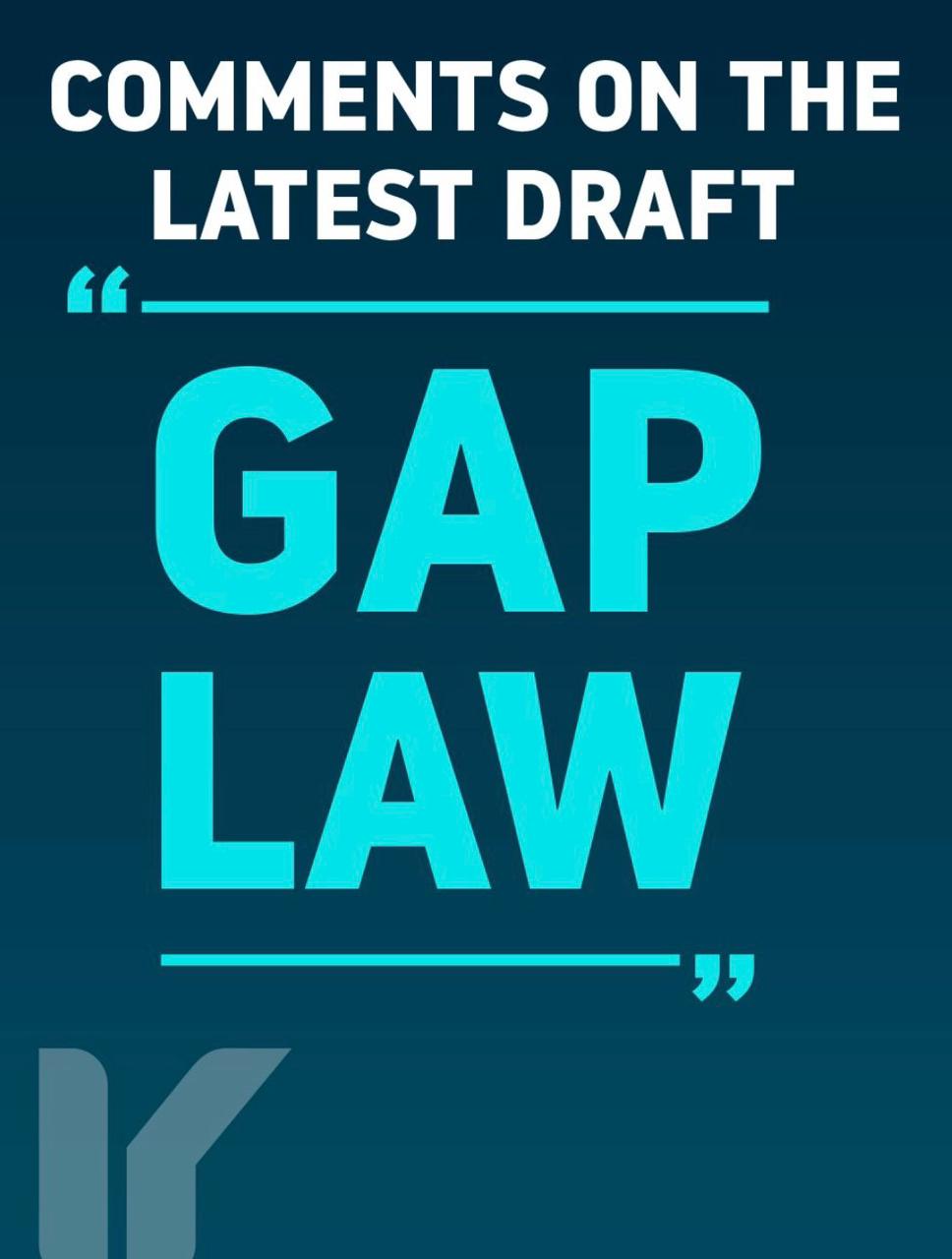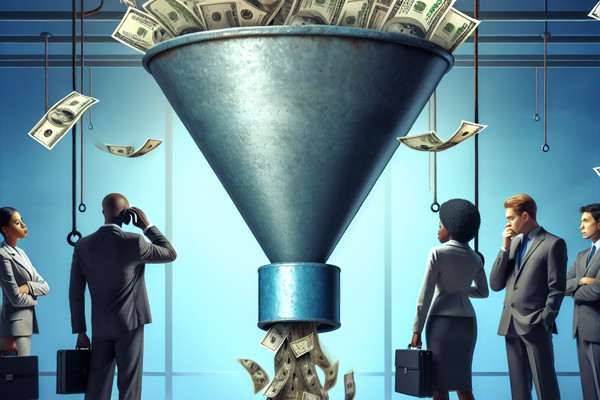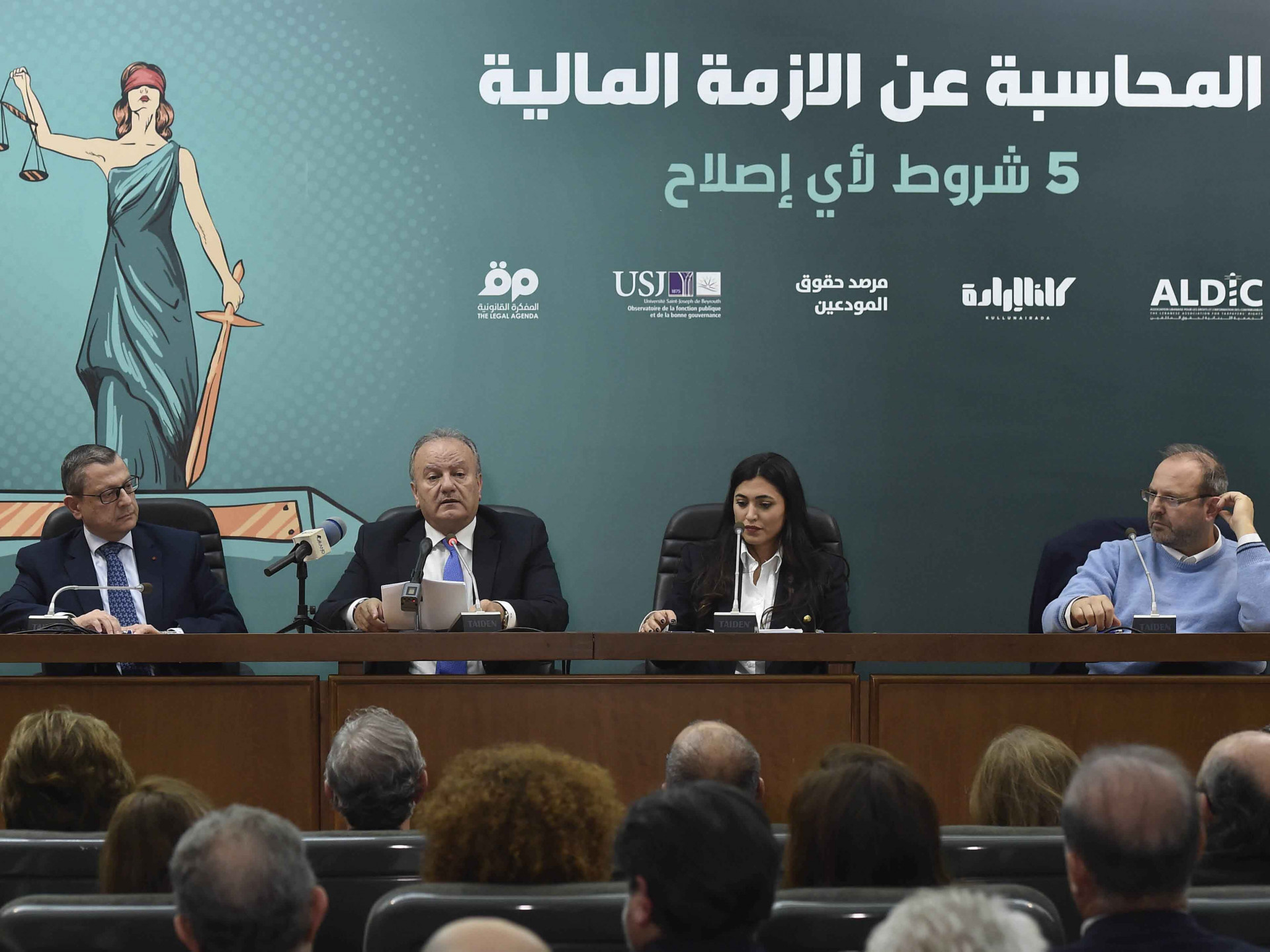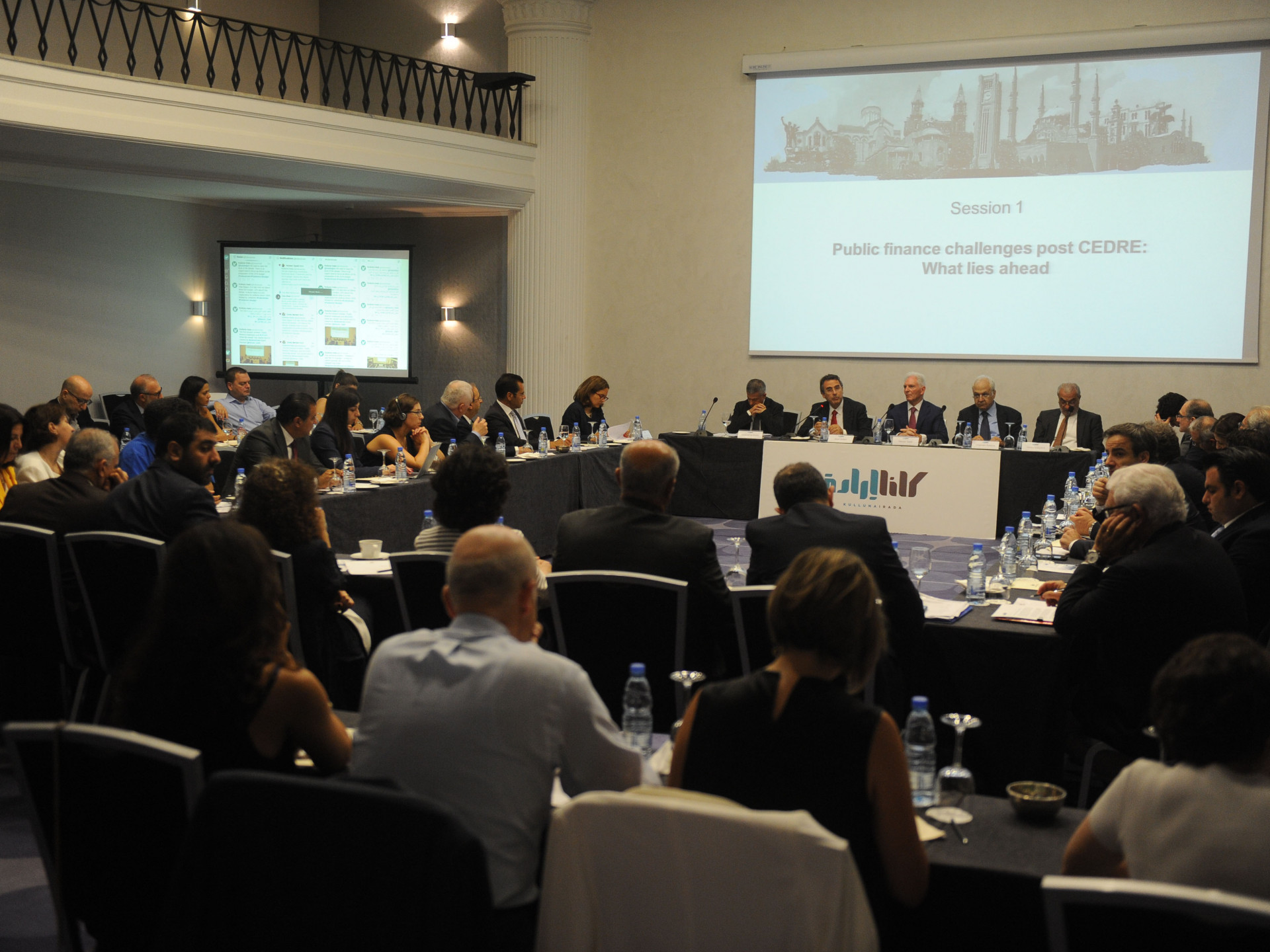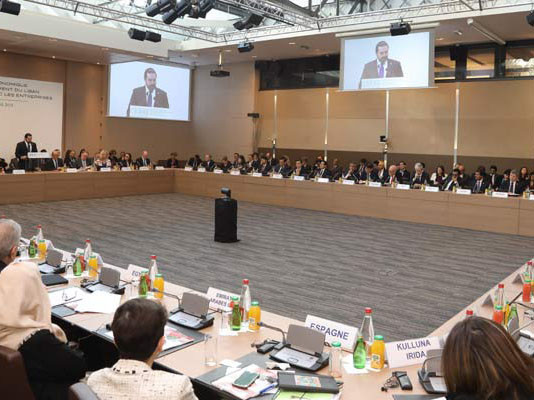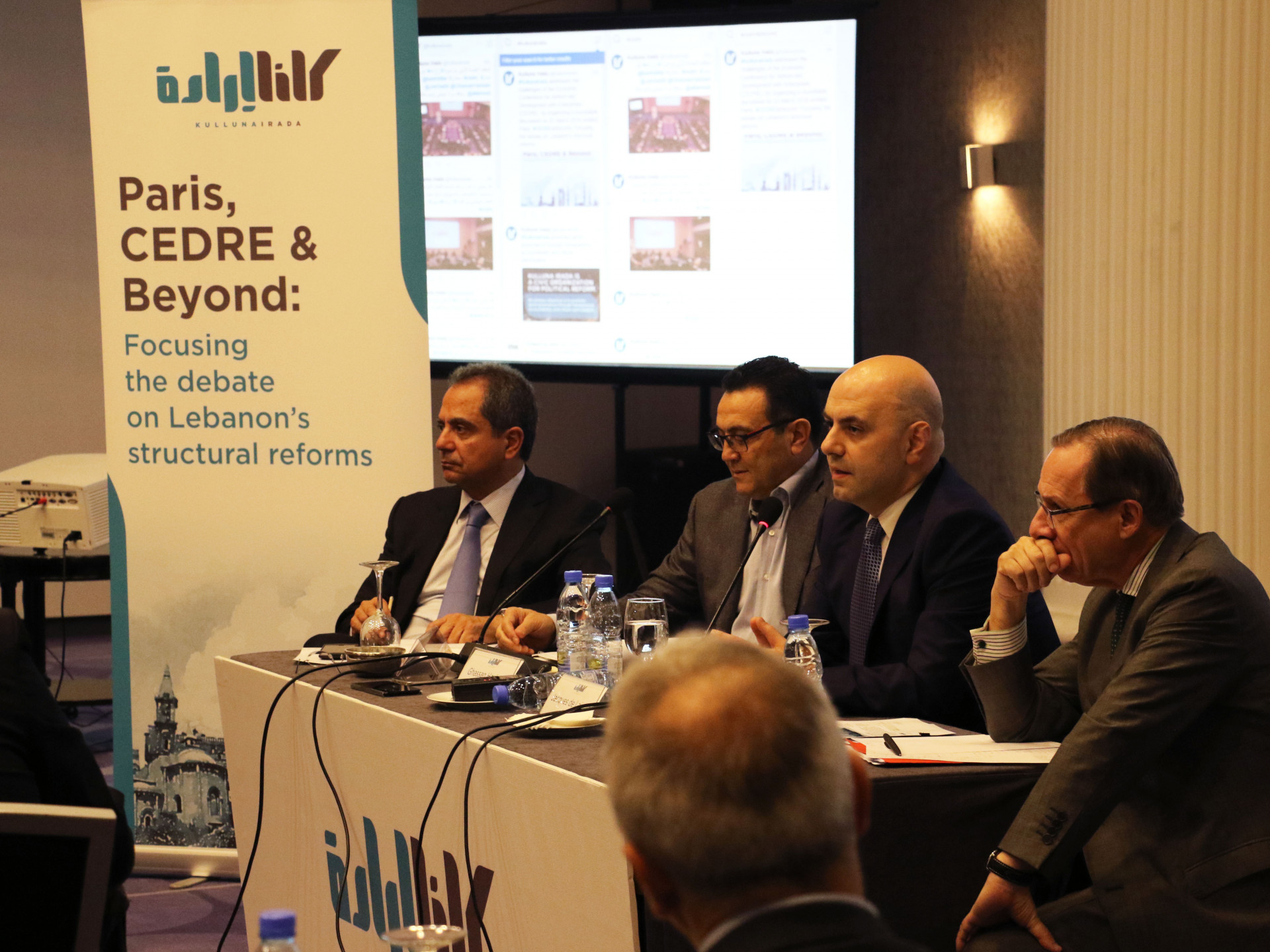Lebanon will receive almost a billion dollars in Special Drawing Rights (SDR) from the International Monetary Fund. This unconditional allocation will be part of the largest allocation of SDRs in history —$650 billion— and will most likely take place in August. The allocation aims to boost global recovery post Covid19 pandemic. Lebanon’s portion of this global allocation will directly be deposited in the Central Bank (BdL) who in return will credit the treasury’s accounts with the value of the SRDs.
At current SDR valuation, BdL’s foreign assets already include around a billion dollars’ worth of previous SDRs: 195.78 million in SDRs that are available now and an additional quota of 633.5 million in SDRs.
We have no confidence this unexpected gift will be wisely used. Since 2019, Lebanon has been experiencing one of the most acute crises in modern history with no rational or corrective action by the ruling political class. Half of the country’s vital foreign currency assets were squandered on opaque, partial, and inefficient policies.
- Without much needed capital controls, a considerable share of foreign assets was transferred outside Lebanon by well-connected and politically exposed persons.
- Reserves were used to finance a highly inefficient and counterproductive subsidy system that benefitted the rich rather than the poor, and created incentives for hoarding, smuggling, and black market selling.
- Now that the reserves depletion rate has become alarming, instead of reforming the subsidy system, the authorities are imposing restrictions on vital goods including medicine and fuel. A badly conceived “ration card” system has been adopted in another attempt to buy allegiance and maintain clientelist networks. In the meantime, the cash assistance program prepared and funded by the World Bank has witnessed extensive delays because of conditions related to monitoring and beneficiary selection.
Kulluna Irada believes the new SDR allocation should be used to alleviate the unprecedented and unacceptable human suffering of the Lebanese society. We strongly urge the adoption of a three-pronged social safety program:
- A broad, transparent, direct cash assistance program, based on clear vulnerability criteria, and disbursed in USD, given the absence of a unified exchange rate, and the inflationary impact of LBP disbursement at market rates.
- An efficient well targeted subsidy system covering fuel, medicine and wheat. We estimate the cost of both aforementioned interventions at $2 billion. The new SDR allocation covers a substantial share of that cost.
- And more importantly, shift public policies towards the implementation of a rights-based approach, starting with a universal health coverage and education for all.
This social safety net must be part of a comprehensive macro-fiscal plan that stabilizes the economy and places it back on a recovery path. In addition to establishing a robust safety net, there is an urgent need to:
- Restructure the banking sector in way that ensures depositors recover part of their savings. A fair banking workout plan can still guarantee 100% recovery of small depositors (below 50k) and more than 50% of the deposit base. It is also critical to act now to restore the sector’s solvency so that it can play its essential role in support of future growth.
- Safeguard the national currency. The Lebanese Lira lost more than 90% of its value. The central bank needs to urgently stabilize the exchange rate and restore confidence in the Lebanese Lira through tightening monetary policy and targeting price stability and long-term growth.
- The fiscal situation also requires urgent attention. Revenue collapse has led to massive deficits that are being financed by money printing. Access to financing through an IMF program is vital for the much-needed social programs. Contingent on reforms, financing (including from a CEDRE type conference) will also be needed to fund urgent investments in the energy sector and other capital investments needed to improve key services and the investment climate.
Kulluna Irada believes that forming an independent competent government with special legislative powers is a prerequisite. This interim cabinet is all the more needed since Lebanon may well be eligible to additional low conditionality funds dedicated to lower income countries. New facilities are currently being discussed by the IMF’s high-income member countries who have pledged to convert part of their own SDR allocations to help countries in need. Without a proper actionable strategic vision based on sound fiscal and monetary policies it will be impossible for Lebanon to benefit from such much-needed support.
*************
Is SDR money?
Special Drawing Rights are not money. They are an accounting unit for IMF transactions with other member countries. The IMF issues SDRs to members’ central banks as a reserve asset.
The receiving country has two choices: use SDRs to pay back a portion of its IMF debt or exchange through a VTA (voluntary trade agreement) with other IMF members, at a low interest of 0.05%.
The exchange is voluntary. However, the IMF can designate countries with strong financial position to accept purchasing the SDR from the asking country if no voluntary agreement between countries was concluded. In the past, few exchanges took place as the process turned out to be quite complicated. This time, the IMF is working on facilitating these exchanges through a “single window” mechanism and will publish information on SDRs trades, engage with participants in the Voluntary Trading Arrangements to confirm or update terms and reach out to potential new participants in the VTAs.

